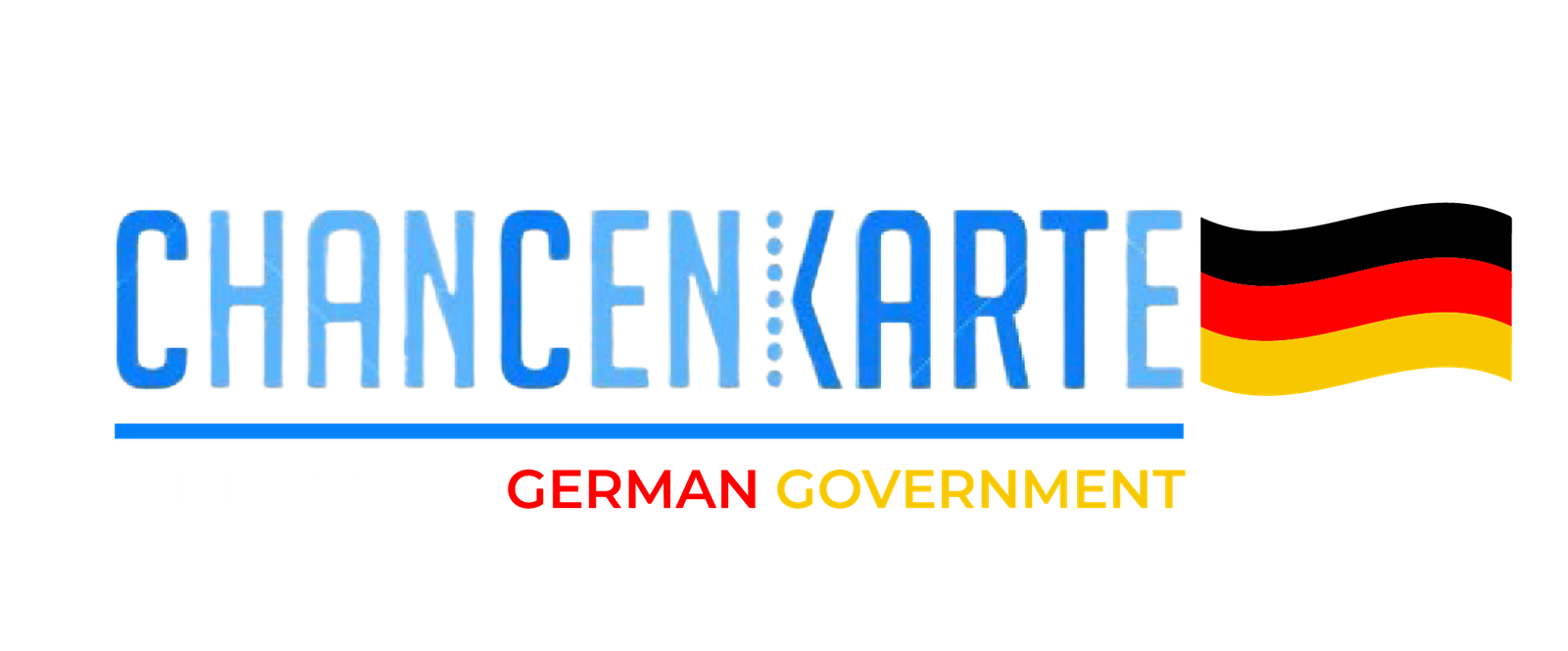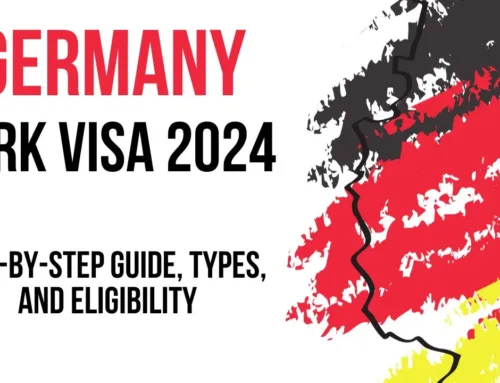Master the Language Requirements for Chancenkarte: Your Path to Success
Master the Language Requirements for Chancenkarte: Your Path to Success
Navigating the German Chancenkarte application process requires a solid grasp of language proficiency, which plays a critical role in ensuring successful integration into German society. Whether you’re an aspiring immigrant or an international professional, understanding the language requirements is crucial for obtaining the Chancenkarte. In this article, we delve into the language prerequisites, how to meet them, and why they are important for a smooth transition into life and work in Germany.
Why Language Requirements for Chancenkarte Applicants
Language proficiency isn’t just a formality in the Chancenkarte application—it’s a vital aspect of adapting to life in Germany. Whether you’re proficient in German or English, fluency in either language can significantly increase your chances of obtaining the Chancenkarte, which serves as a “green card” for skilled workers and professionals seeking employment in Germany. Furthermore, it fosters smoother interactions in both professional and social settings.
German vs. English: What Proficiency is Required?
One of the unique aspects of the Chancenkarte is that applicants have the flexibility to prove proficiency in either German or English. Each language, however, has different competency levels that must be demonstrated.
1. German: A1 Level Proficiency
The German government requires at least A1 level proficiency in German. This is a basic level of communication, where you can:
- Understand and use simple phrases.
- Introduce yourself and others.
- Ask and respond to basic questions about personal details like residence, belongings, and people you know.
While A1 is an entry-level certification, acquiring it is essential as it showcases your ability to manage everyday conversations.
2. English: B2 Level Proficiency
For those choosing English as their main language, a B2 level proficiency is required. This level signifies:
- The ability to understand the main ideas in complex text on both concrete and abstract topics, including technical discussions related to your professional expertise.
- The capability to converse fluently and spontaneously with native English speakers without communication breakdowns.
- Clear and detailed expression on a wide range of subjects.
Having a B2 certification in English helps demonstrate that you are well-equipped to handle professional interactions and adapt to workplaces where English is commonly spoken.

The Importance of Language Skills Beyond the Application
Language proficiency isn’t just important for securing the Chancenkarte; it plays a larger role in ensuring your successful integration into German culture and society. Having a good command of German or English can:
- Improve job prospects, making it easier to communicate effectively with colleagues and clients.
- Help you navigate everyday situations like shopping, medical appointments, and public transportation.
- Enhance your ability to socialize and build relationships with native Germans or expatriates.
Additionally, learning German can help you appreciate and understand Germany’s rich cultural heritage, enabling you to engage in deeper conversations and experiences in your new home.
How to Prove Your Language Proficiency
To demonstrate language skills, applicants must provide certificates from recognized language institutes. These certificates act as official proof of your linguistic abilities and will be assessed during the Chancenkarte application process.
German Language Certification Options
- Goethe-Institut
The Goethe-Institut offers internationally recognized language certification at all levels, including A1.
Goethe-Institut Certification - Telc Deutsch
Telc offers tests at various proficiency levels, including A1, and their certificates are widely accepted across Europe.
Telc Language Tests - ÖSD (Österreichisches Sprachdiplom Deutsch)
The ÖSD offers German language proficiency exams aligned with the Common European Framework of Reference for Languages (CEFR).
ÖSD Exams
English Language Certification Options
- IELTS (International English Language Testing System)
IELTS is one of the most popular English tests globally and assesses a wide range of language skills.
IELTS Test Information - TOEFL (Test of English as a Foreign Language)
Widely recognized in academic and professional settings, TOEFL measures English language proficiency in reading, listening, speaking, and writing.
TOEFL Official Site - Cambridge English Exams
Cambridge English provides rigorous assessments, and its qualifications are recognized worldwide.
Cambridge Exams
How to Prepare for Language Certification
Effective preparation for these certifications is key to achieving the required proficiency. Here are a few tips:
- Take language courses: Sign up for online or in-person classes. Many institutes offer preparatory courses specifically designed to meet A1 or B2 standards.
- Use language-learning apps: Apps like Duolingo, Babbel, and Memrise provide a more interactive way to learn a new language.
Duolingo, Babbel - Practice daily: Consistent practice, whether through reading, listening to podcasts, or speaking with native speakers, will enhance your fluency over time.
- Take mock exams: Many official exam websites offer practice tests to help you gauge your progress.
The Role of Language in Professional and Social Success
Being proficient in the language of your new country is more than just an immigration requirement; it helps build your professional and social success. Here’s how:
- Workplace Communication: Being fluent in German or English ensures that you can engage confidently with colleagues and clients, improving your employability.
- Networking Opportunities: Language skills can help you form strong professional connections, opening doors to better career prospects.
- Integration into Society: From participating in social gatherings to forming lasting friendships, fluency in the local language can greatly improve your social life in Germany.
Conclusion: Why Language Skills Are Key to Chancenkarte’s Success
In conclusion, meeting the language requirements for the Chancenkarte is an essential part of the application process. Not only does language proficiency help satisfy immigration requirements, but it also equips you with the tools to thrive both professionally and socially in Germany. By acquiring the necessary certifications in German or English, you are positioning yourself for a successful life and career in one of Europe’s most dynamic economies.
For more detailed guidance on how to succeed in your Chancenkarte application, stay tuned for future blog posts, where we’ll share insights and expert tips on navigating Germany’s immigration process effectively.



